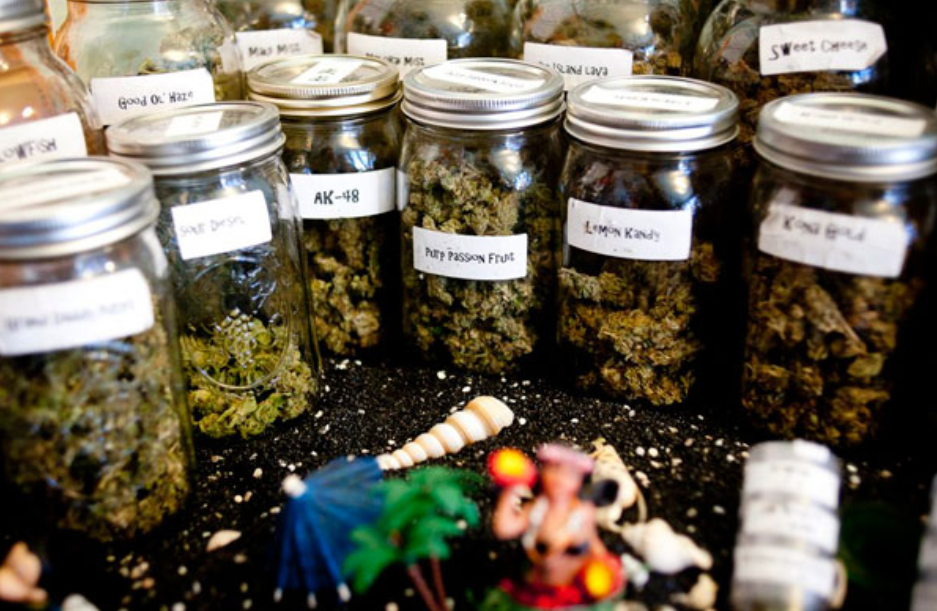Science Debunks Myths About Marijuana
Narco cartels, making enormous profits from marijuana, often equate it with drugs like heroin, cocaine, and other synthetic analogs. Their motivation is clear: in pursuit of increasing demand for their product, they spread myths about marijuana that are far from reality. The only real risk comes from low-quality products grown from questionable marijuana seeds.
Marijuana Enthusiasts Stick to Their Preferences
Unfortunately, some corrupt officials and scientists support these myths, distorting facts, misleading the public, and actively opposing marijuana legalization. At the same time, opponents of marijuana fail to mention that the plant’s psychoactive properties also have a wide range of therapeutic and restorative benefits, as confirmed by scientific evidence.
First and foremost, the claim that long-term marijuana use leads to addiction is easily disproven. More importantly, the idea that most marijuana users eventually find its mild psychoactive effect insufficient and move on to harder drugs is simply not true. Numerous studies confirm that:
- Unlike tobacco and alcohol, marijuana does not contain substances that provoke addiction. Therefore, stopping marijuana use does not cause withdrawal symptoms, which are typical of strong stimulants.
- The myth that marijuana is a gateway to opiates has been debunked by statistical data and a series of experiments. People who use marijuana to restore their energy and creativity, relieve stress, or recover from physical or mental strain, tend to remain loyal marijuana users. Most of them prefer marijuana grown from high-quality seeds.
Marijuana as a Protector of the Brain
More and more rational people around the world are demanding the legalization of marijuana, especially for medical use, citing strong arguments based on facts published in scientific journals and the media. However, opponents of legalization often refer to false examples of marijuana’s negative effects, such as claims that it causes brain disease, lung cancer, and other health problems. In reality, the opposite is true:
- The human body reacts differently to tobacco and marijuana. While the dangers of tobacco are well-documented, marijuana actually has anti-cancer properties. In medicine, marijuana is used to inhibit the development of cancer cells.
- The claim that marijuana damages the brain is a myth convincingly disproven by scientific research. In fact, marijuana’s neuroprotective properties help maintain stable brain function.
Medicine Relies on Marijuana
It is especially unfortunate that those who oppose marijuana legalization are slowing the progress of medicine, which has achieved significant breakthroughs thanks to marijuana. It is used to treat multiple sclerosis, nervous system disorders, glaucoma, lung diseases, the side effects of chemotherapy, to slow the progression of cancer, and to alleviate other serious symptoms. Many people have overcome severe illnesses and returned to active lives thanks to marijuana treatment.
Despite ongoing attempts to demonize marijuana and equate it with hard drugs, the movement in support of marijuana is becoming stronger and more persuasive. As a result, more than ten countries have already legalized marijuana, and it is expected that other nations with a rational approach will follow their example.



